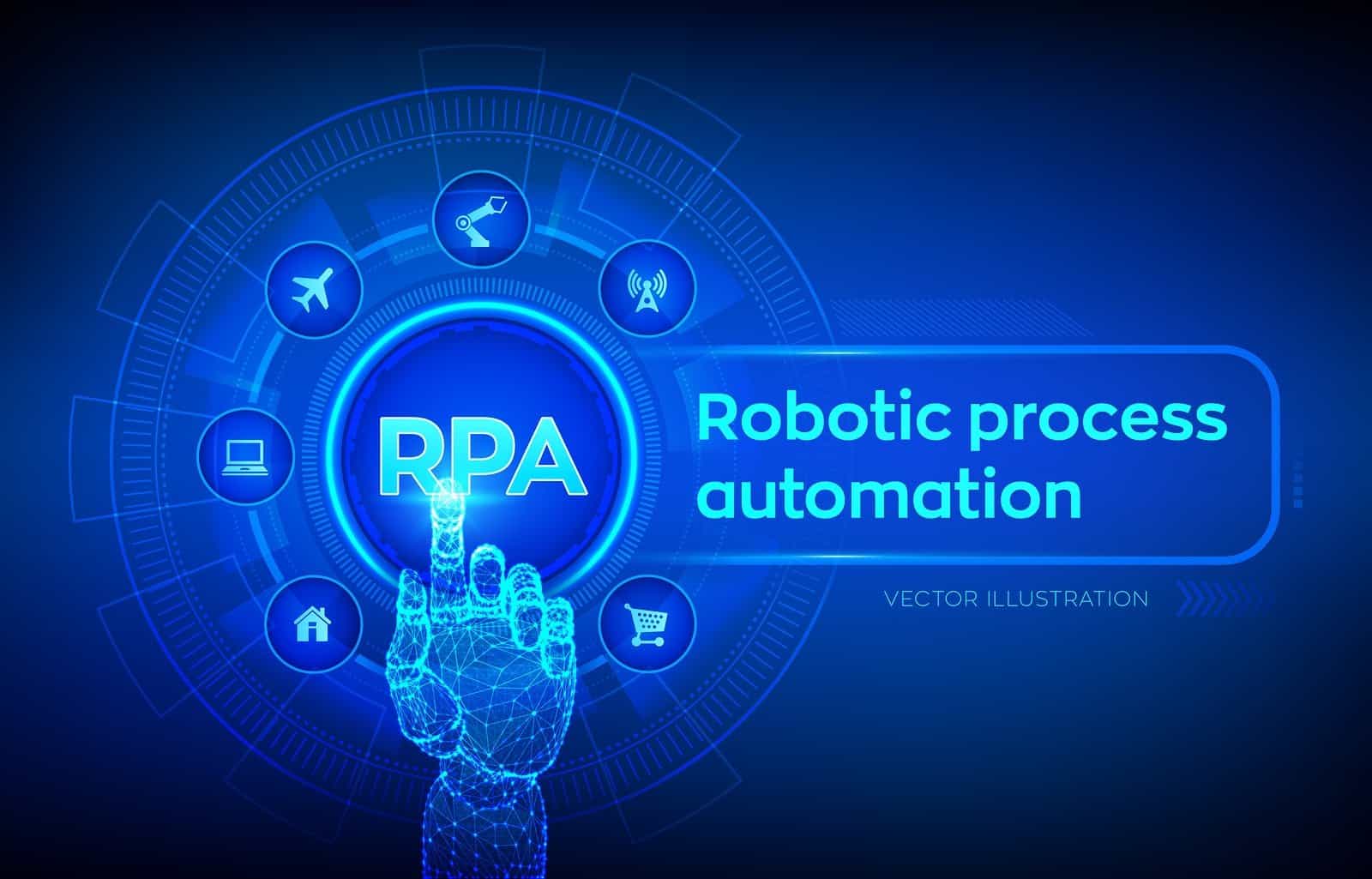https://mailchi.mp/95e826d2e3bc/the-weekly-gist-august-28-2020?e=d1e747d2d8

This week we hosted a member webinar on an application of artificial intelligence (AI) that’s generating a lot of buzz these days in healthcare—robotic process automation (RPA).
That bit of tech jargon translates to finding repetitive, often error-prone tasks performed by human staff, and implementing “bots” to perform them instead. The benefit? Fewer mistakes, the ability to redeploy talent to less “mindless” work (often with the unexpected benefit of improving employee engagement), and the potential to capture substantial efficiencies. That last feature makes RPA especially attractive in the current environment, in which systems are looking for any assistance in lowering operating expenses.
Typical processes where RPA can be used to augment human staff include revenue cycle tasks like managing prior authorization, simplifying claims processing, and coordinating patient scheduling. Indeed, the health insurance industry is far ahead of the provider community in implementing these machine-driven approaches to productivity improvement.
We heard early “lessons learned” from one member system, Fountain Valley, CA-based MemorialCare, who’s been working with Columbus, OH-based Olive.ai, which bills itself as the only “AI as a service” platform built exclusively for healthcare.
Listening to their story, we were particularly struck by the fact that RPA is far more than “just” another IT project with an established start and finish, but rather an ongoing strategic effort. MemorialCare has been particularly thoughtful about involving senior leaders in finance, operations, and HR in identifying and implementing their RPA strategy, making sure that cross-functional leaders are “joined at the hip” to manage what could prove to be a truly revolutionary technology.
Having identified scores of potential applications for RPA, they’re taking a deliberate approach to rollout for the first dozen or so applications. One critical step: ensuring that processes are “optimized” (via lean or other process improvement approaches) before they are “automated”. MemorialCare views RPA implementation as an opportunity to catalyze the organization for change—“It’s not often that one solution can help push the entire system forward,” in the words of one senior system executive.
We’ll be keeping an eye on this burgeoning space for interesting applications, as health systems identify new ways to deploy “the bots” across the enterprise.

